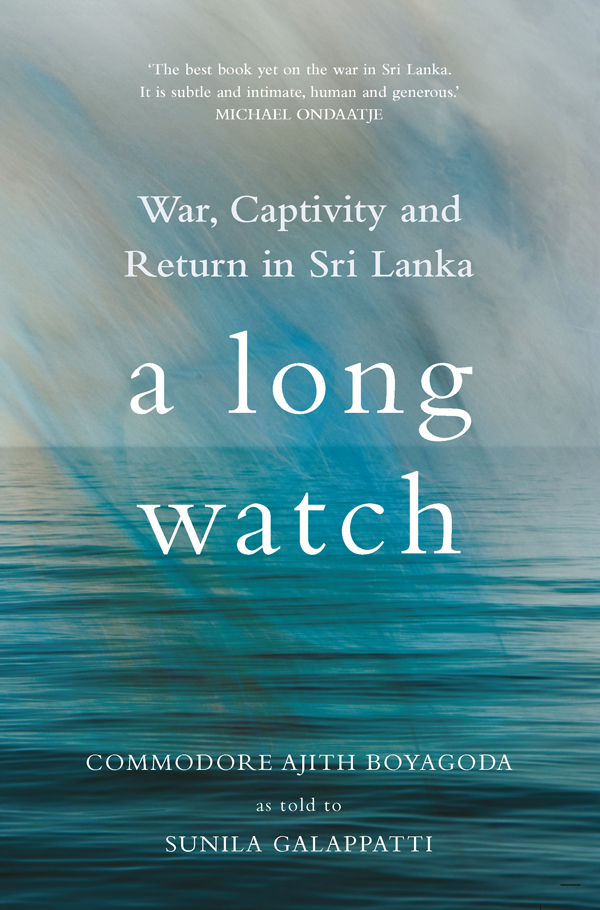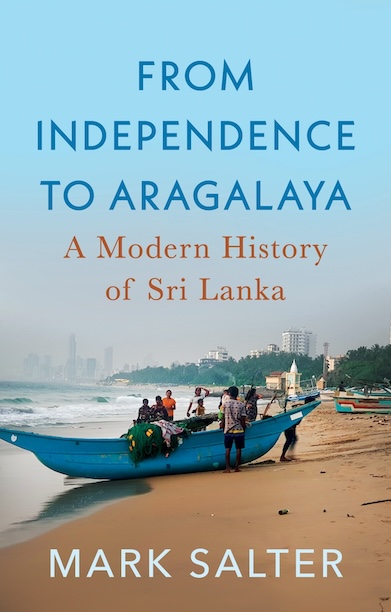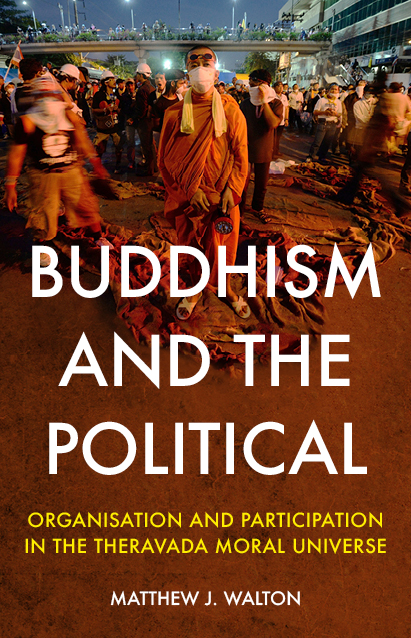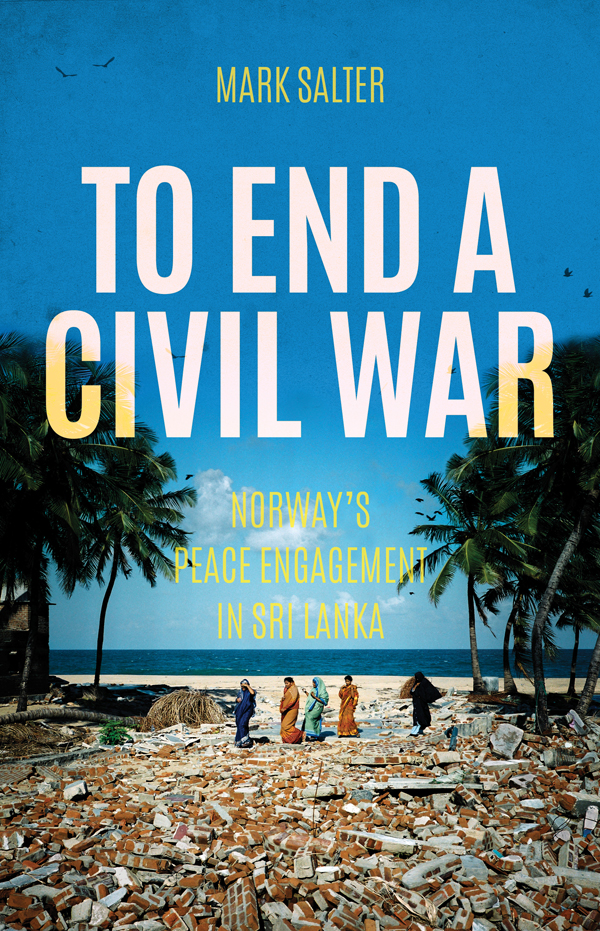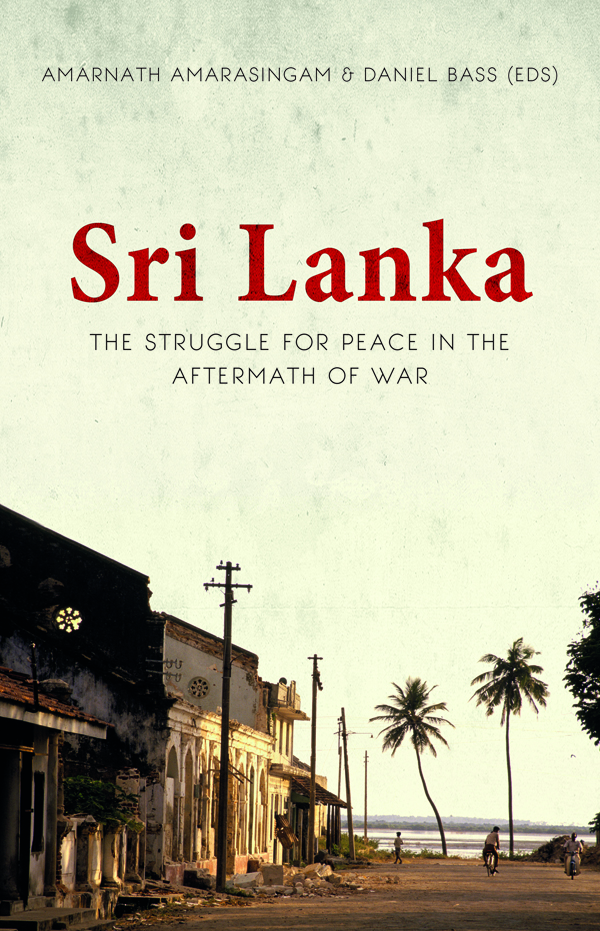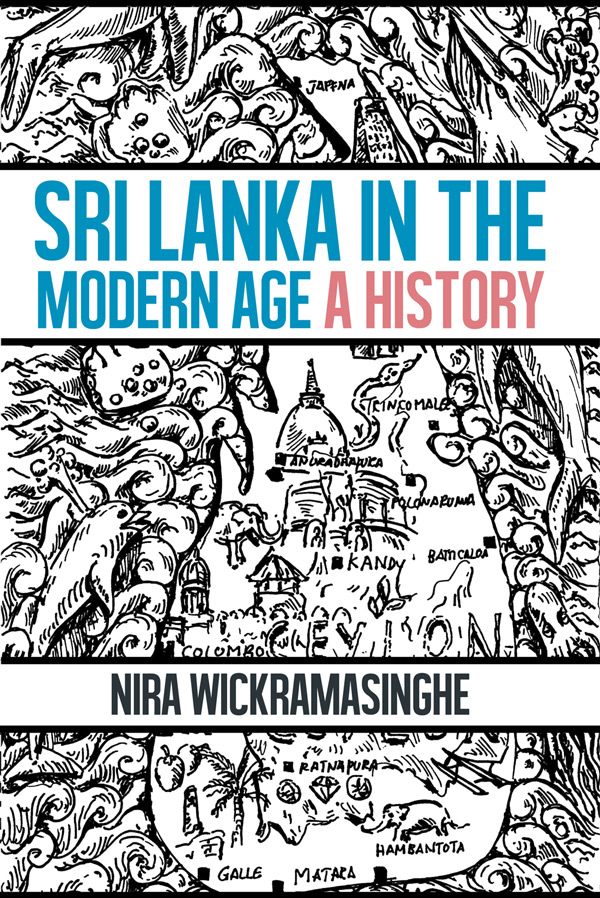We were already at sea level. We had only to jump from the ship and grab on to a raft. There were about six or seven of us holding on to the last raft and I the last to join them. I told the other guys we must paddle away quickly in case the ship were to go down—as at the time I thought it might—and create the vacuum that sinking ships sometimes do. We didn’t want to get sucked into that.
We were now in a dark sea and an oil spill, the water thick with diesel from the exploded ship. On the surface of the sea your vision is not that good—you can’t see things at a distance unless you are at an elevation. On the surface of the sea, you become very small. At night you can really only see the objects immediately around you, in this case debris from our ship. Through the fireworks of gunshots, we could make out the shapes of LTTE boats moving around. We could trace the silhouette of our own ship, listing on its anchor.
We were soaked in diesel ourselves. We were moving away from the ship but we didn’t know in what direction—whether towards the shore or further out to sea. We spent about half an hour drifting with our float, watching an LTTE boat in the distance. One of the men—I don’t remember who, now—saw that while we were all wearing our usual sea rig of shorts and a t-shirt, I was also wearing the epaulets that revealed my rank. He pointed them out and pulled them off. The LTTE were flashing their torches about. Every now and then we heard a burst of gunfire. We could only imagine they were firing at others in our crew. Or they were firing at random: just in jubilation.
Now a boat was closer, its torch skirting our float. Now coming towards us, torch trained on us. It was less than fifty metres away and a round was fired. E.A. Perera, next to me, slipped into the sea. I told everyone to scatter. The only thing to do was to disperse and each grab a hold of something floating by. You can’t try swimming in a sea like that.
I don’t know what made me stay clinging on to the raft. It wasn’t something I thought about—maybe in my shock I didn’t let go. Maybe I had some instinct it held a better chance of survival than the churning sea. It wasn’t that I knew I feared death or feared drowning. I wasn’t feeling anything I recognised.
Suddenly the firing stopped. They had their torch trained directly on me, the man they’d spotted holding on to the raft. They were moving towards me. I said my goodbyes. I could only guess they were coming closer to get a better aim.
But when they got closer they threw a rope onto the raft instead—a rope with a hook, which they used to drag my raft closer. Once I was alongside, two or three men hauled me aboard. I think in fact I grabbed on to their rope. I knew they were my enemy. But at the time it felt like a rescue. They fished me out of the water and laid me on the bow of the boat. With the same rope they bound my hands behind my back. I was told to stay lying down. The motorboat turned around to start speeding away.
Now I could hear the choppers coming—the Sri Lankan Air Force was on its way to the scene. I was on the bow—the platform at the front of the boat. We were moving fast on a choppy sea and I started to bounce up and down. Bound as I was, I couldn’t grip the bow. I would soon have rolled off into the water. I indicated to one of the men—just in sign language—that I couldn’t hold on where I was. He realised it and moved me into the boat, propping me up against the wheelhouse. I could look up enough to see the choppers.
I knew they had spotted us. On a moonlit night it would have been possible. They were hovering above us and firing. From that high up, they couldn’t possibly have taken aim but they would also not have wanted to get too close to the boat, not knowing what sorts of armaments were on board. So they would swoop down in a large circle and up again. And they fired not at the boat but just ahead of the wake. That’s how it is with a moving target—you can’t fully make out a boat at night but you can see its white wake. You try to judge where the target is, in relation to its wake. This is what the choppers were doing. They would swoop down, firing this way. Immediately the Tigers would switch off the boat’s engine, making it immobile and invisible again.
Now the choppers were just wasting ammunition and time, no longer knowing where the boat was. Eventually they would have to go up again. Then the Tigers would re-start the engine. In this way we progressed in lurches on our journey, until the choppers gave up. It was difficult to see them fly away, having lost that battle, but a relief too, not to be caught in crossfire.
It must have been about 45 minutes until we came alongside a small pier. They untied me and led me out of the boat. Two men walked up to me: one was in charge, the other was acting as his translator. They asked me—in Sinhala—whether I was wounded. I said I was not and I also introduced myself as Commander Boyagoda, the Commanding Officer of the ship they had attacked. They seemed a little taken aback by that—surprised.
Then there was a wait, but I didn’t know what for. Other cadres, both men and women, came out to investigate their catch. They were full of curiosity now. One of the guys who had been on the boat spotted my gold chain. He said ‘thangam thange’, ‘hand over the gold’. He tugged at my wedding ring. I told him it was too tight now to take off and that it was my wedding ring. But I took off the chain, with a priest’s talisman on it, and gave it to him. I gave him my watch too—which would have been of no use by then.
We waited a little longer and then I saw a jeep approach in the dark. A man got down, a hefty fellow. The interpreter said ‘He’s Soosai’ [Thillaiyampalam Sivanesan, or Colonel Soosai, commanded the naval wing of the LTTE, also known as the Sea Tigers]. This was such a familiar name to me and now I was meeting the man. He came and shook hands with me. I said, in English, ‘I have heard you so many times over the net, I am glad to meet you’. I don’t remember his reaction—at most he nodded his head. He pointed me to his jeep. I was to get in and he would drive me away.
Sunila Galappatti has worked with other people to tell their stories, as a dramaturg, theatre director and editor. She started her working life at the Royal Shakespeare Company and Live Theatre, Newcastle and is a former Director of the Galle Literary Festival. She has recently been a Fulbright Visiting Fellow at Brown University; reflecting on processes carried out in different parts of the world to curate public histories. She lives in Sri Lanka. This is a chapter from her latest book, written with Ajith Boyagoda, A Long Watch: War, Captivity and Return in Sri Lanka, which was published in May 2016 by Hurst.
Ajith Boyagoda is a former Sri Lankan Navy Commodore who was held in captivity by the Tamil Tigers (LTTE) for eight years, and was their highest-ranking prisoner. This is a chapter from his memoir, written with Sunila Galappatti, A Long Watch: War, Captivity and Return in Sri Lanka, which was published in May 2016 by Hurst.
